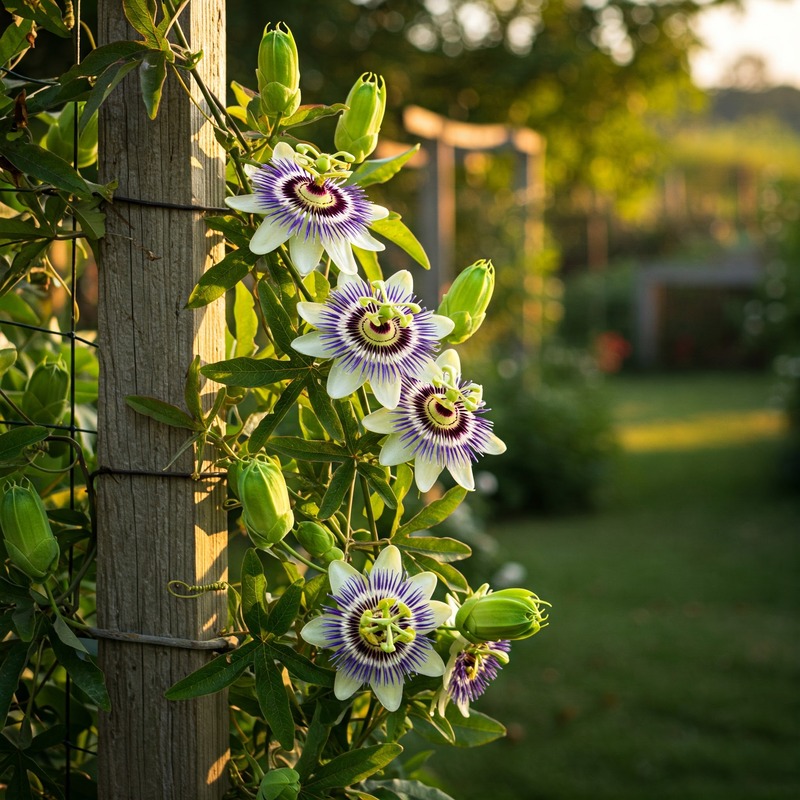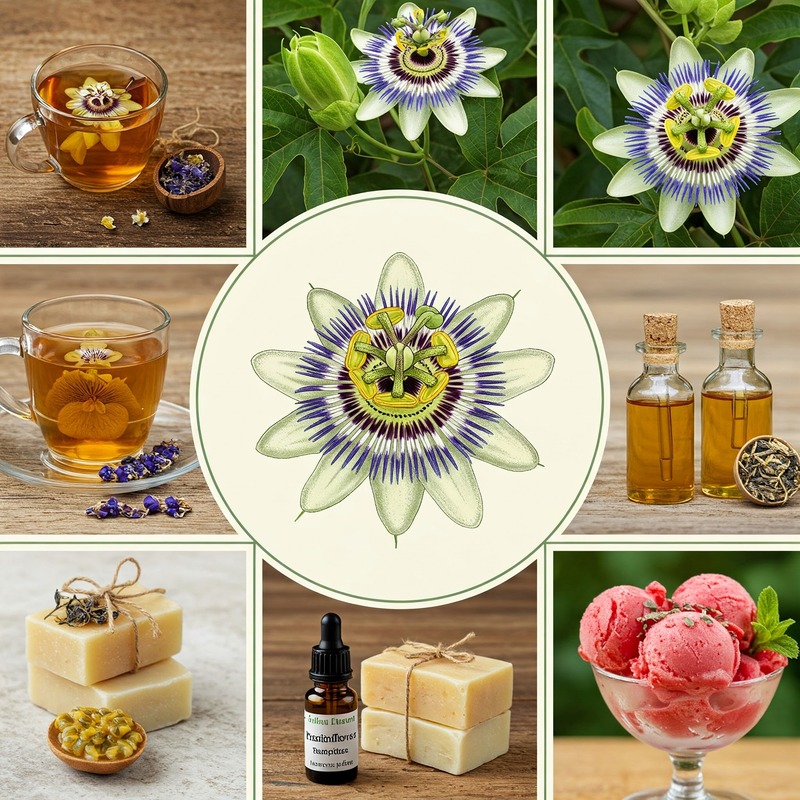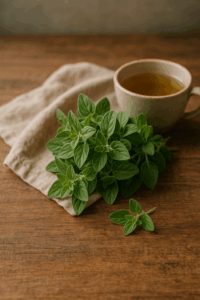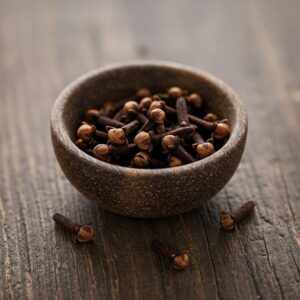Passionflower, a climbing vine with beautiful purple and white flowers, has been used for centuries in traditional medicine to promote relaxation and reduce anxiety. The plant is native to the southeastern United States and Central and South America, and it is now grown in many other parts of the world.

Traditional Uses of Passionflower
Passionflower has a long history of use in traditional medicine. The Mayans used passionflower to treat a variety of ailments, including anxiety, insomnia, and pain. In the 16th century, Spanish missionaries brought passionflower back to Europe, where it was also used to treat anxiety and insomnia.
Potential Benefits of Passionflower
Today, passionflower is used as a natural remedy for anxiety and insomnia. It is also used to treat other conditions, such as:
- Pain
- Muscle spasms
- Seizures
- Heart problems
How Passionflower Works
Passionflower contains a number of compounds that may be responsible for its calming effects. These compounds include:
- Flavonoids
- Alkaloids
- Glycosides
One of the main ways that passionflower works is by increasing the levels of gamma-aminobutyric acid (GABA) in the brain. GABA is a neurotransmitter that helps to calm the nervous system.
Safety and Side Effects
Passionflower is generally safe for most people when taken in recommended doses. However, it is important to talk to your doctor before taking passionflower if you are pregnant, breastfeeding, or taking any medications.
Passionflower is a promising natural remedy for anxiety and insomnia. However, it is important to talk to your doctor before taking passionflower, especially if you are taking any other medications.
Here are some additional tips for using passionflower:
- Tea: Passionflower tea is a popular way to consume the herb. To make passionflower tea, steep 1-2 teaspoons of dried passionflower in hot water for 5-10 minutes.
- Tincture: Passionflower tincture is a concentrated liquid extract of the herb. Tinctures are typically taken in drops or diluted in water.
- Capsules: Passionflower capsules are a convenient way to consume the herb. Capsules typically contain a standardized extract of passionflower.

Dosage
The recommended dosage of passionflower varies depending on the form you are taking. It is important to follow the instructions on the product label.
Here are some general dosage guidelines:
- Tea: 1-2 teaspoons of dried passionflower per cup of hot water
- Tincture: 30-60 drops per day
- Capsules: 150-450 mg per day
If you are looking for a natural way to reduce anxiety and improve your sleep, passionflower may be a good option for you.
Disclaimer:
This information is for educational purposes only and should not be taken as medical advice. Please consult with a healthcare professional before taking passionflower, especially if you are taking any medications.


